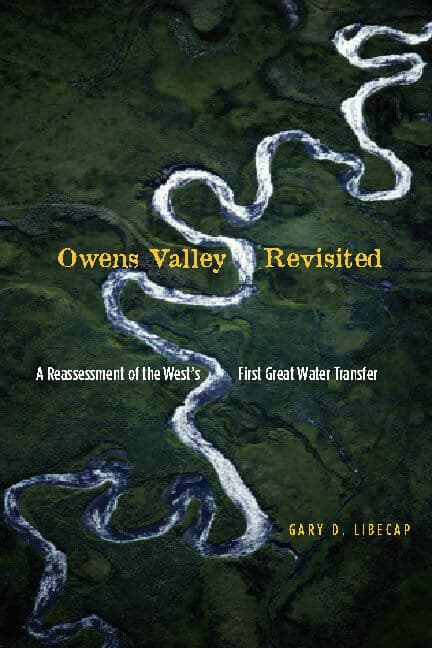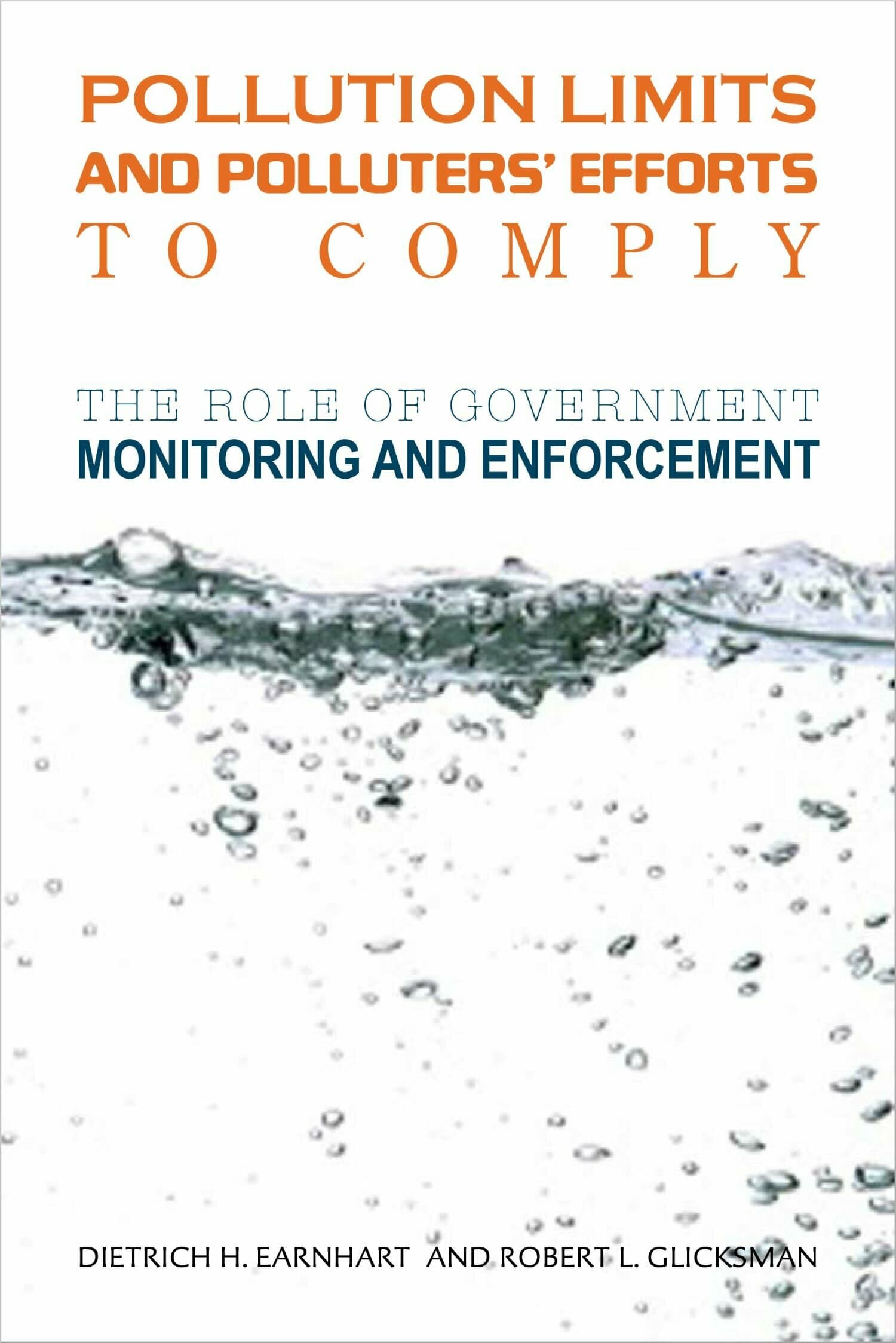Liquid Asset

A sweeping, policy-oriented account of the private and public management of the world's essential natural resource.
Governments dominated water management throughout the twentieth century. Tasked with ensuring a public supply of clean, safe, reliable, and affordable water, governmental agencies controlled water administration in most of the world. They built the dams, reservoirs, and aqueducts that store water when available and move that water to areas with increasing populations and economies. Private businesses sometimes played a part in managing water, but typically in a supporting position as consultants or contractors. Today, given the global need for innovative new technologies, institutions, and financing to solve the freshwater crisis, private businesses and markets are playing a rapidly expanding role, bringing both new approaches and new challenges to a historically public field.
In Liquid Asset, Barton H. Thompson, Jr. examines the growing position of the private sector in the "business of water." Thompson seeks to understand the private sector's involvement in meeting the water needs of both humans and the environment, looks at the potential risks that growing private involvement poses to the public interest in water, and considers the obstacles that private organizations face in trying to participate in a traditionally governmental sector. Thompson provides a richly detailed analysis to foster both improved public policy and responsible business behavior. As the book demonstrates, the story of private businesses and water offers a window into the serious challenges facing freshwater today, and their potential solutions.
—Nicole Neeman Brady, Vice President of the Los Angeles Board of Water and Power Commissioners
"Liquid Asset, by one of the nation's preeminent water law scholars, presents a clarion call for greater involvement by the business community in global water management and security. This broad-ranging examination offers original insights for effective environmental stewardship."
—Robert Glennon, University of Arizona College of Law, author of Unquenchable: America's Water Crisis and What to Do About It
"Liquid Asset explores the critical questions of why, where, and how the private sector owns and manages water. A gifted teacher, Barton H. Thompson, Jr is admirably evenhanded in highlighting the risks and explaining the opportunities. If you want to understand the future of water management in the United States, read this book."
—James Salzman, UCLA Law School and author of Drinking Water: A History
"Putting the words 'water' and 'privatization' in the same sentence can be a hazard. But given the critical imbalance between water supply and demand, Thompson is willing to risk the hazard. In Liquid Asset, he argues that the private sector's capabilities for managing the resource and rebuilding crumbling systems are too important to ignore."
—Felicity Barringer, Stanford Lawyer
"Thompson has done a marvelous job surveying the many varied, transformational initiatives in the water sector in the United States and the world. There is much here to discuss and, hopefully, implement for the benefit of humanity and the environment. The water sector and the people who depend on it owe him a debt of gratitude."
—G. Tracy Mehan III, Journal AWWA
"Thompson's work serves as a thought-provoking contribution to the ongoing discourse on freshwater management and use in the twenty-first century."
—HannaLore Hein, H-Environment
"Liquid Asset is a well-rounded, detailed, and impressive review of the private water sector, both generous and critical in its perspective, open to exciting opportunities while pointing out dangers and missteps. Perhaps most importantly, Thompson helps us to think more broadly of water as an asset, in a way that combines for-profit economics with public benefits into a cohesive valuation of water – an element that is both vital and desirable."
—Justin Scott-Coe, Water Shelf




